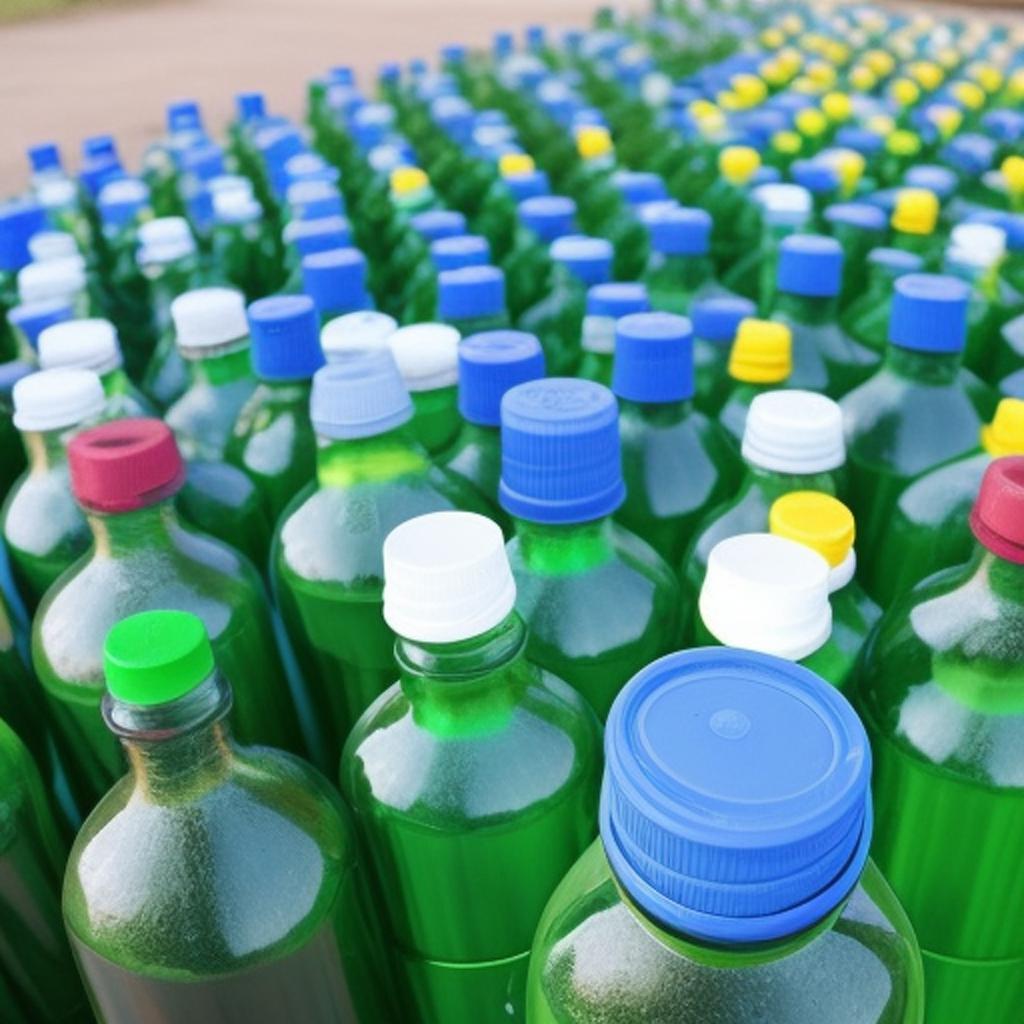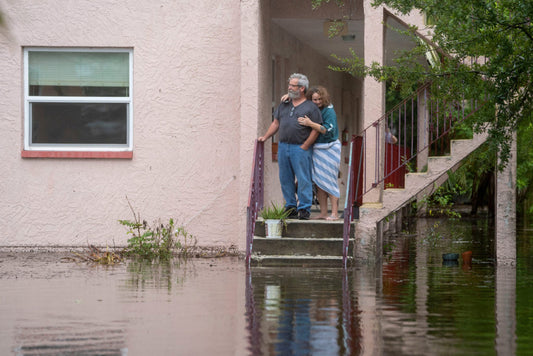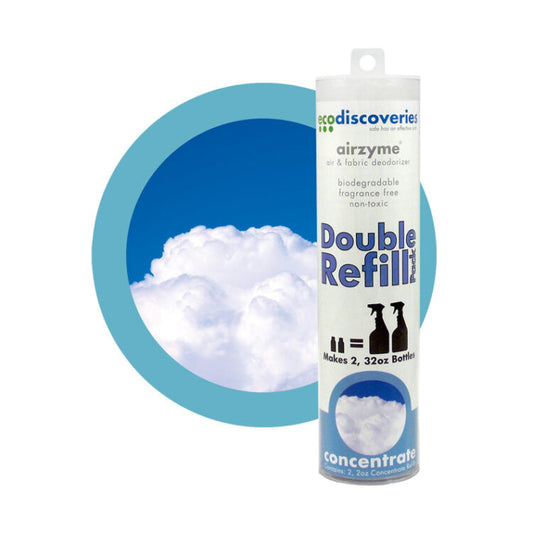1. The Environmental Impact of Plastic Bottles
Plastic bottles are made from petroleum-based materials, mainly polyethylene terephthalate (PET), which takes hundreds of years to decompose. As a result, these bottles are clogging up landfills and polluting our natural habitats. The littered plastic bottles also find their way into rivers and oceans, causing severe harm to marine life and disrupting delicate ecosystems.
The production of plastic bottles contributes to greenhouse gas emissions and exacerbates the climate crisis. Additionally, the extraction of petroleum for plastic production damages ecosystems and threatens biodiversity.
2. The Recycling Reality
Despite being touted as recyclable, most plastic bottles don't end up being recycled. The recycling rates for plastic bottles are shockingly low, with studies indicating that less than 10% of plastic bottles get recycled globally. Several factors contribute to this abysmal statistic:
- Contamination: Even a single non-recyclable item in a batch of recyclables can render the entire load unsuitable for recycling. Many plastic bottles are contaminated with food residue or other non-recyclable materials, making them ineligible for recycling.
- Lack of Infrastructure: Inadequate recycling infrastructure in some regions hinders proper collection, sorting, and processing of plastic bottles.
- Low Market Demand: The fluctuating demand for recycled plastic and the availability of cheaper virgin plastic discourages some recycling facilities from investing in recycling technologies.
- Consumer Awareness: Lack of awareness and education about the importance of recycling and the proper methods of disposal lead many people to discard plastic bottles in regular waste bins.
3. The Need for Collective Action
Addressing the plastic bottle crisis requires collective action from individuals, communities, governments, and corporations. Here are some steps we can take to mitigate the impact of plastic bottles on the environment:
- Reduce Single-Use Plastics: As consumers, we can significantly reduce our plastic bottle consumption by opting for reusable water bottles and other containers. Investing in durable, refillable bottles not only reduces waste but also saves money in the long run.
- Proper Recycling: It's crucial to educate ourselves and others about proper recycling practices. Rinse plastic bottles before recycling them to minimize contamination and follow local recycling guidelines diligently.
- Support Recycling Initiatives: Encourage businesses and governments to invest in recycling infrastructure and promote recycling programs in your community.
- Advocate for Policy Changes: Lobby for legislation that promotes sustainable packaging and places extended producer responsibility on manufacturers to reduce plastic waste.
- Choose Sustainable Alternatives: Support brands that prioritize sustainable packaging and offer alternatives to single-use plastic bottles.
Conclusion
The overflowing landfills and dismal recycling rates of plastic bottles are clear indicators that we need to change our approach to plastic consumption and waste management. We cannot afford to ignore the environmental impact of plastic bottles any longer. By embracing reusable alternatives, advocating for recycling, and supporting sustainable initiatives, we can collectively work towards a future with fewer plastic bottles polluting our land and oceans. Let's take responsibility for our actions and commit to being part of the solution to this pressing environmental issue. The time to act is now, for the sake of our planet and future generations.




